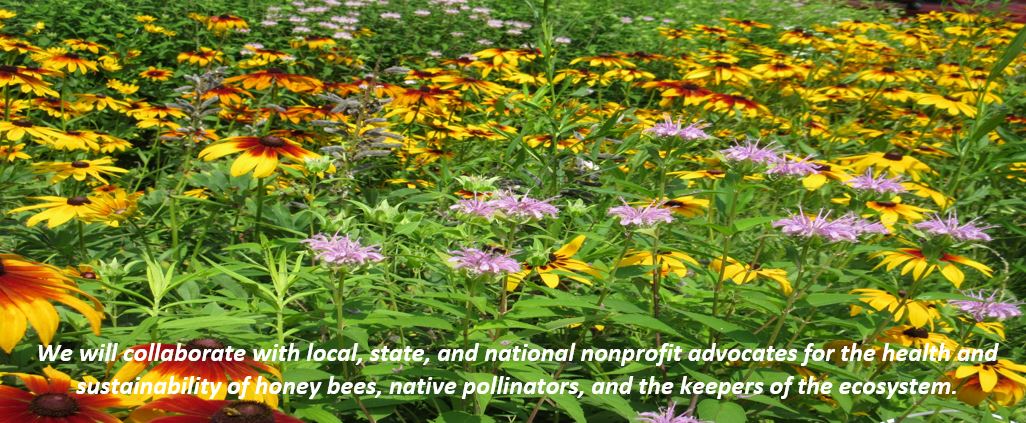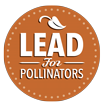
Take Action As A Keeper of the Ecosystem With Our Partners
Please take action through our advocacy partners on these issues affecting pollinators and the keepers of our ecosystem. Some actions may be for local or state residents only.
Select a link below to be directed to their current advocacy action for a healthy and sustainable ecosystem.
Audubon
Friends of the Earth
Center for Biological Diversity
Center for Food Safety
Xerces Society
Sierra Club
Beyond Pesticides
Cornucopia Institute
Pesticide Action Network
Northwest Center for Alternatives to Pesticides
